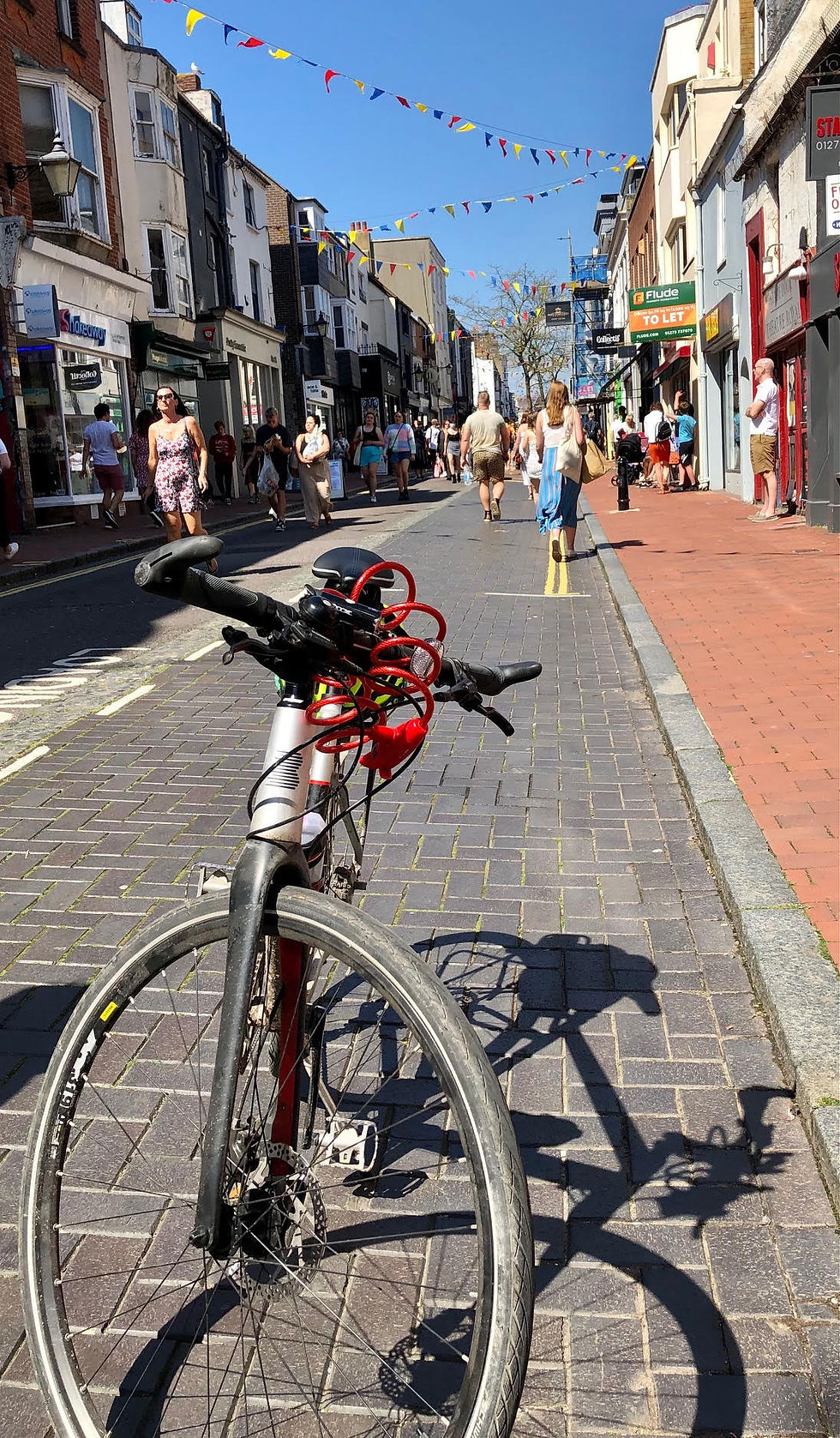Active Life, Less Strife!
- May 15, 2022
- 3 min read
Updated: May 28, 2022

Staying active you could be 90yrs old and still play tennis or if this is not for you there are many activities for everyone
When we’re young, being physically fit comes easily – most of us are lucky enough to have the ability to walk around, and to be in your best shape feels almost like a prerequisite for youth. In the middle years of our lives, we have the time to revisit old sports – tennis, badminton, squash... Cycling becomes a hobby for many families. Then there’s the gym, where there’s something for everyone –Zumba? Pilates? Weight training?
Why then, when we reach a certain age, is it generally accepted that we give up this fitness? The health perks physically fit older people enjoy are remarkable, yet it’s not seen as ‘the norm’ for seniors to be as invested in their fitness as the young.
Of course, as we become older, we tire more quickly… But with some routine, it can be easier to continue to stay active. Regular exercise and physical activity promotes strong muscles and bones, and it improves respiratory, cardiovascular health, and overall health. It’s one of the best things an older person can do to stay independent. An active lifestyle in the elderly promotes self-reliance.

Crucially, exercise also improves balance for older adults, a point that is not insignificant in light of the National Council on Aging’s report that in the US, every 11 seconds an older person is admitted to an emergency for a fall-related injury, and tragically, every 19 minutes an older person dies from a fall.
The NHS website advises that all adults aged 65 and over should aim to be physically active every day, even if it’s just light activity. Light activity means moving rather than sitting or lying down. This could be to get up and make a cup of tea, cleaning and dusting, vacuuming, and making the bed. Most of us engage in light activity every day, but it’s important to continue to make an effort to do these things as we get older. Activities that improve strength, balance and flexibility should be undertaken at least 2 days a week, and it’s suggested that both moderate and vigorous intensity activity should be completed for 2.5-5 hours a week, if possible. Moderate intensity activity involves raising your heart rate, like pushing a lawnmower, riding a bike and walking. Vigorous activity, according to the NHS, is swimming for fitness, hiking uphill, running for beginners – anything where you breathe hard and fast.
If mobility is a problem, there are still ways you can engage in physical activity. Age UK offer in-person chair based exercise classes, and there are several YouTube accounts which provide good ideas for senior-appropriate workouts, such as More Life Seniors. Lots of gyms also offer ‘senior clubs’ – opportunities to try out new sports and activities with a professional on-hand to support.

Endorphins (the body's natural painkillers) released during exercise act to release feelings of pleasure and well-being, and the sense of accomplishment in completing a physical activity cannot be underrated in its improvement of overall mental health and wellbeing. A healthy body promotes a healthy mind, and a study from The Alzheimer’s Research and Prevention Foundation has suggested that regular exercise has been shown to reduce your risk of developing Alzheimer’s disease or dementia by nearly 50%.
Whatever you want to achieve in your later years, you’ll find that leading a healthy and active lifestyle provides you with the best possible springboard for making the most out of life.
We at Independent Living Advisers help to support activities and maintain independence. For information visit our website Household Support Services for Elderly in Surrey,Sussex,Kent (ila.life) or call us on 01892 210100.
Author Bio: Cecilia Trueman is a qualified nurse and has a lifetime of experience in working in homes, managing the care for people who wish to live in their house and has worked for independent companies to review the best options of living. She today works for Independent Living Advisers (or ILA.life), and has previously managed care agencies, worked as a nurse in the NHS and independent organisations such as support homes and now runs a ‘nurse led’ support company to help elders live in their homes for longer (and better). She can also be reached on linkedin.



























Comments